
Dalal Bouresli 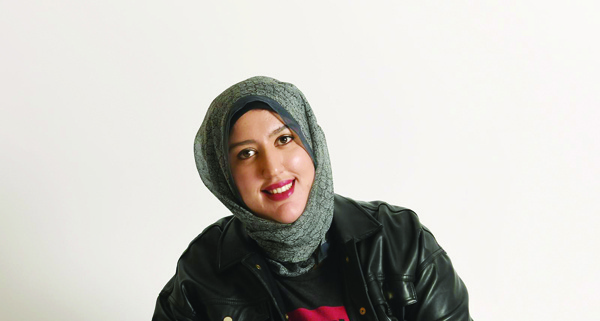
Zainab Al-Sammak
By Nawara Fattahova
KUWAIT: The National Assembly elections this year are affected by the coronavirus pandemic, like all other activities. Strict rules by the health ministry banning gatherings and setting up election tents have prevented candidates from meeting voters to talk about their plans and agendas. This has led to the need for other forms of media to reach the public.
Moreover, female candidates have fewer chances than men, and their numbers are small too. To support women candidates in the upcoming elections and in other elected positions, the Mudhawi's List platform was founded. Kuwait Times interviewed three of its members: Abir Al-Mutawa, Research Director, Dalal Bouresli, Founding Member and Zainab Al-Sammak, Research Director. Some excerpts:
Kuwait Times: Tell us more about Mudhawi's List. What is the goal of the platform? How will you measure success? Where did the idea come from and how has it worked so far?
Dalal Bouresli: The idea of Mudhawi's List came after years of work with civil society organizations and realizing that it is difficult for women to run for elected office in Kuwait and succeed. Mudhawi's List is a platform that aims to support women running for elected positions in Kuwait, which includes seats in the National Assembly, Municipal Council, cooperative societies, and so on.
Mudhawi's List supports the cause through raising awareness on the importance of having women in elected office positions with studies to back it up and campaigning to normalize their existence in such positions. Furthermore, Mudhawi's List links all female candidates with in-kind donation providers that are willing to offer campaign services and support to the candidates.
As for the platform's name, we wanted to give it an identity. Mudhawi is a fictional character that was created by our team. The character Mudhawi represents a unifying figure that acts as a protective umbrella to support ambitious individuals seeking to make a change in Kuwait.
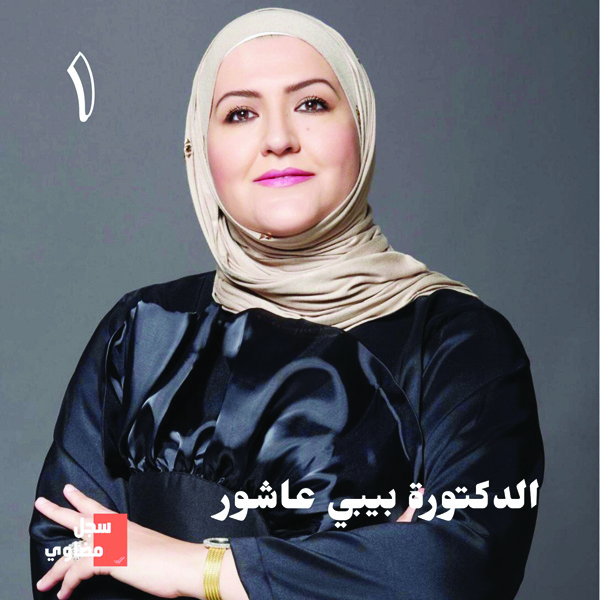
First constituency candidate Dr Bibi Ashour 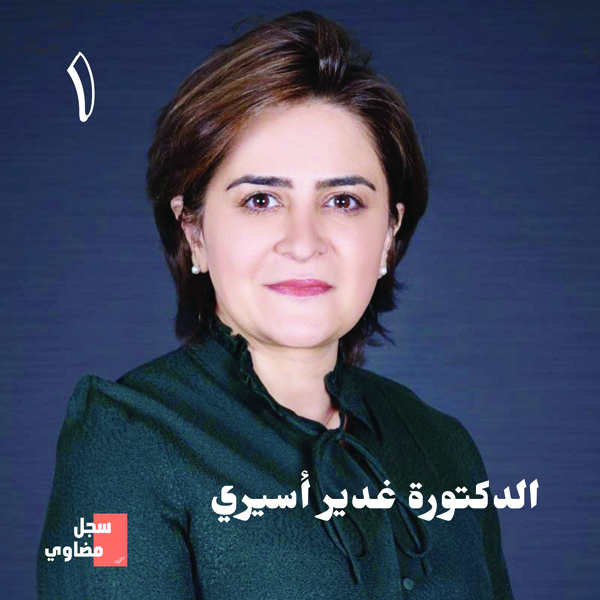
First constituency candidate Ghadeer Asiri
Abir Al-Mutawa: Being an online platform that launched recently, measuring success takes time. However, we are happy to say that engagement with the candidates and followers has been extraordinary. People are reacting to our platform positively and supporting it wholeheartedly, especially since we are using nostalgic content to remind people that we went through a lot to gain our political rights in 2005, so we should exercise it properly. Furthermore, female candidates started to approach Mudhawi prior to running and announcing their candidacy, which for us is a major indicator of success.
Main challenges
Kuwait Times: It seems that women candidates have struggled to gain traction with voters in Kuwait. Why do you think that is the case? What are the strengths of women candidates? What are the challenges they face?
Zainab Al Sammak: Yes indeed, it is difficult for women candidates to gain traction with voters in Kuwait. This can be due to multiple reasons, the first being women's lack of access to connections. For example, diwaniyas are essential places for campaigning and most of them are limited to men. Furthermore, the social and public acceptance of having women in elected office is still being resisted by the majority of the population.
Additionally, financial support for women candidates is limited. Nowadays, campaigning is expensive and requires a hefty budget to have an appropriate social media campaign, designers and advisors. Finally, voting behavior in Kuwait is skewed towards voting for your friends, family members or candidates belonging to the voter's tribe instead of voting for whom you believe in and who the voter will think will make a change or positive impact on the country.
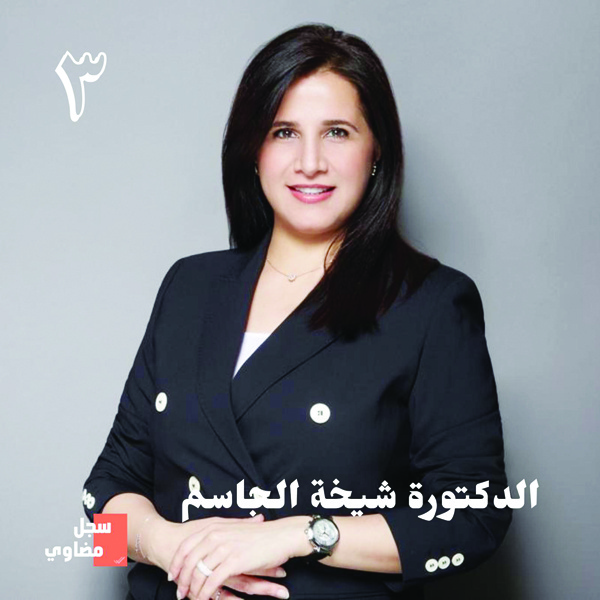
Third constituency candidate Sheikha Al-Jassem 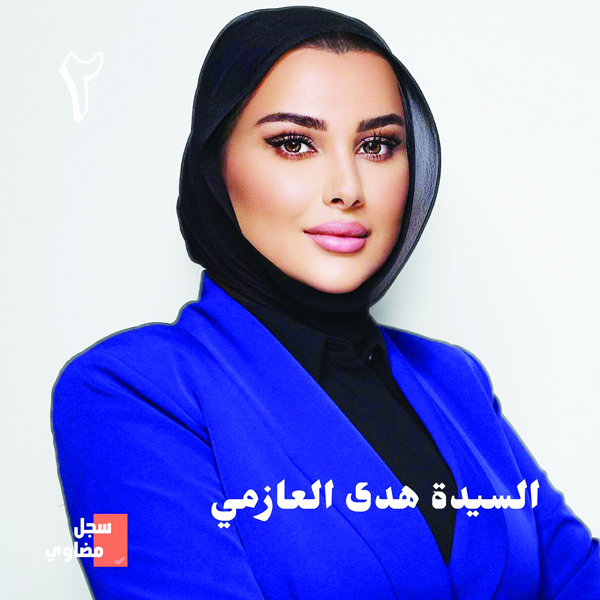
Second constituency candidate Huda Al-Azmi
Abir Al-Mutawa: Mudhawi's goal is to guide women candidates from the beginning until the end of their journey and ease some aspects of the campaigning process, like increasing their visibility. We believe that making a difference or a positive impact on society should not be a hassle, which is why the team works day and night to ensure a way to surround both our followers and candidates and their teams with positive energy, constant motivation, and endless support.
We think that the strengths of the female candidates are the same as their male counterparts. They are as well-educated, as well-spoken and as qualified as their male counterparts. However, we believe women perhaps are able to convey certain causes from the perspective of the female population of Kuwait.
We believe they are better decision- and coalition-makers and tend to focus more on issues and legislations that benefit the majority of the population positively. These points have been proven through our research and fact sharing on our online platforms. We believe in equality and balance, and in the coming years, we would love to see more women take part in political affairs - Mudhawi will be here to help!
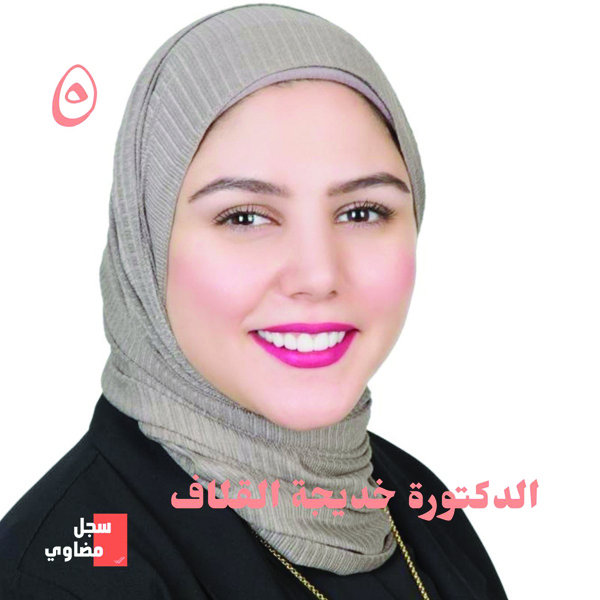
Fifth constituency candidate Dr Khadija Al-Qallaf 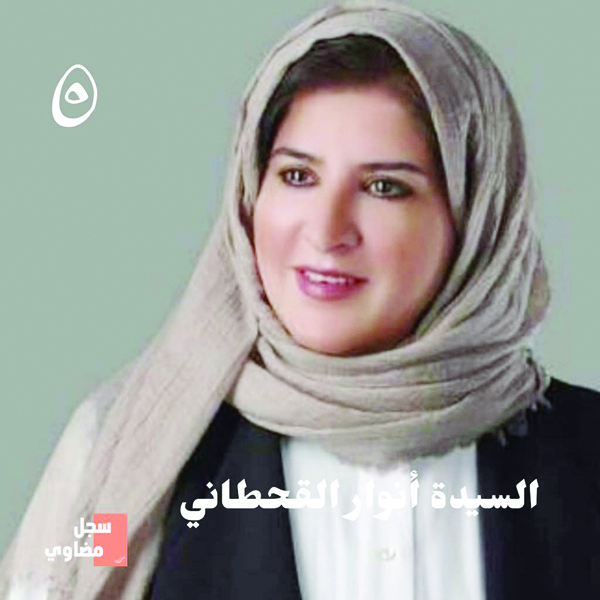
Fifth constituency candidate Anwawr Al-Qahtani
Kuwait Times: How many women candidates do you think will run in this election and how many do you think have a chance of winning?
Dalal Bouresli: Fifteen will run, and we hope to see all 15 succeed. We also hope to see larger numbers in the future. All 15 candidates should be given the opportunity to represent their districts and present their views to the public. To everyone reading this article who believe they have the potential to run for office, go for it and reach out!

Public opinion
Kuwait Times: Do you think public opinion about women candidates has changed since women got the right to vote in 2006? Why don't more women voters vote for women candidates?
Zainab Al-Sammak: It is unfair to expect women to vote only for women or vice versa. People should vote for the better candidate irrespective of gender, but sadly that doesn't always happen. When women first got their political rights, there was a sense of opportunity that has now diminished. The media backlash against the four female MPs that made it to office in 2009 is still felt to this day.
There is a lack of knowledge and misinformation about the achievements of women in leadership positions, and often their message is distorted and isn't conveyed to the public properly. In addition, people have judged women's experiences negatively and taken that to mean that all women will be the same. That's why we have to raise awareness through our platform that there are multiple options out there to suit most mainstream voters' needs.
Kuwait Times: What do you think are the main issues that women voters need to address to improve their chances and raise their confidence/support among voters?
Abir Al-Mutawa: We believe that candidates should be more transparent with the voting population and have a direct line of contact between them in order to boost their level of trust among the voters. We also believe they should start speaking to them in a more down-to-earth tone and an easier language that will be understood better by the masses rather than the traditional political attitude.
Kuwait Times: How is Mudhawi helping women candidates?
Dalal Bouresli: Mudhawi is helping women candidates through its platform by making it easy to access information of female candidates. We take their agendas and CVs and present them in an easily-shareable format that many then use on their own platforms. We also help them in getting opportunities in the press and media and link them with volunteers for their political campaigns, as well as service providers.
Kuwait Times: Do you think there are different levels of support for women candidates in different electoral districts in Kuwait?
Zainab Al-Sammak: Women are more likely to feel supported when another woman is running in the same district. For example, the four women who were elected in 2009 were united, and together were able to make history. Perhaps the third district is seen as more female-friendly than others because it has room for multiplicity and liberal thought more than other districts today, as some other districts can be dominated by tribal, Islamist or mercantile voting patterns that are exclusionary to women. Each district has its own nature, so by reading the numbers and analyzing voter patterns and new approaches, we believe that women candidates can make an impact on every district if given the right support.
Candidates' qualifications
Kuwait Times: What type of experience or qualifications are voters looking for in female candidates?
Abir Al-Mutawa: Because the candidates are female, unfortunately, people tend to look deeper into them and question their qualifications and history more in detail. Perhaps voters are looking for civic engagement, their educational degrees, someone relatable and well-knowledgeable of existing laws and local politics.
Voters might be harsher when evaluating the qualifications and experiences of female candidates. Many voters view female candidates through a stereotypical gender bias lens and with that comes a prior perception which can be really hard to change. Therefore, voters might expect the female candidate to have qualifications that they do not expect male candidates to have, especially with regards to educational level.
Kuwait Times: What is your analysis of how the elections will play out for women? Do you see greater female participation in voting and greater numbers of female candidates?
Dalal Bouresli: We have not yet seen female candidate numbers reach the levels they did in the past, before the backlash and the open hostility, where almost double the number today would run for office. We are tentatively optimistic but realize that the odds are stacked against women.
There are no representational quotas and they are still outside the traditional power structures that support male candidates and ensure their victory. This is only the beginning for Muhdawi's List, and we hope that as our platform grows, it will encourage more female participation in electoral office and more female votes.




